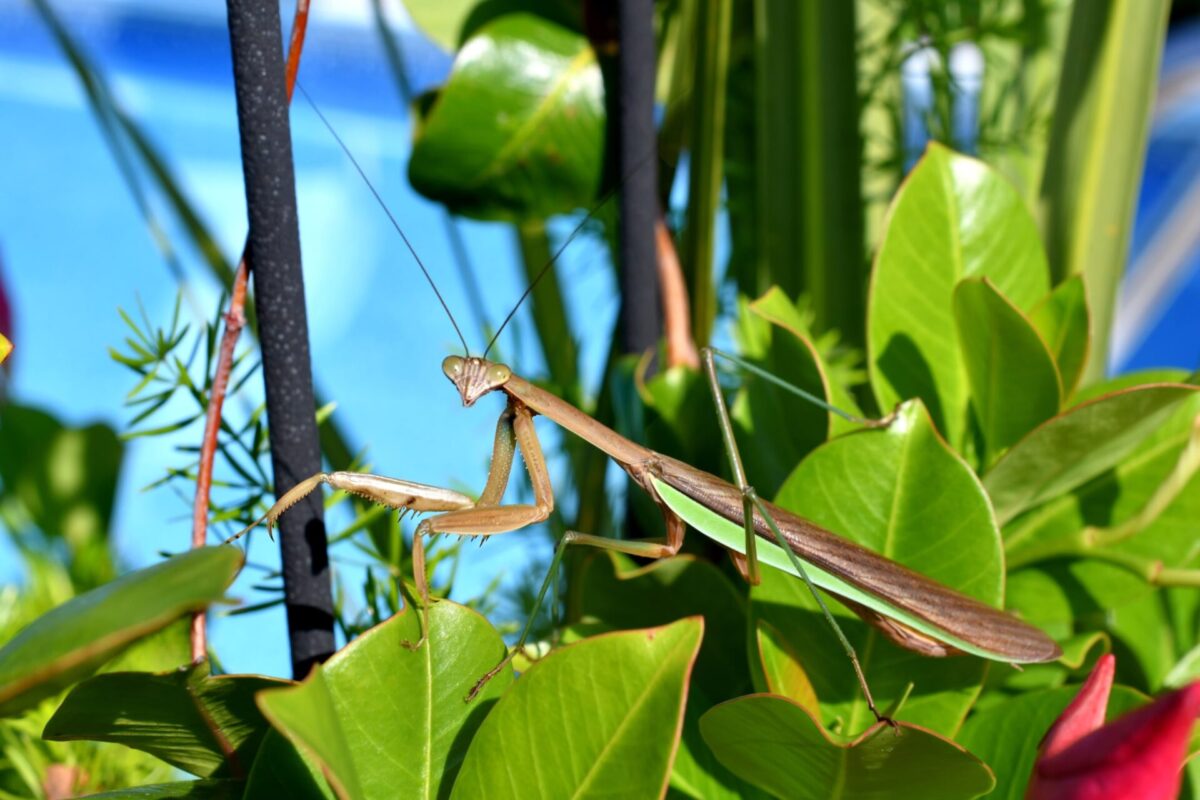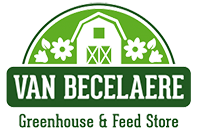Natural Garden Defenses Without the Use of Toxic Insecticides

Posted on August 29, 2024 by Van Becelaere Greenhouse
Gardening is a beloved pastime for many homeowners and apartment dwellers. It offers many people a peaceful retreat and a chance to cultivate beautiful plants and harvest fresh produce.
However, keeping your garden safe from pests can be daunting. But with the right knowledge and tools, you can defend your garden without using harmful insecticides. In today’s blog, we explore various natural garden remedies and strategies that will empower you to take control of your garden’s health.
Essential Knowledge of a Natural Garden Defense
Before exploring these specific techniques, it’s essential to understand what is involved in defending your garden with natural remedies. Unlike traditional garden defenses that rely on synthetic chemicals, holistic approaches focus on using organic pest management methods. These environmentally friendly approaches are designed to protect your plants and preserve the health of garden soil, groundwater, and the local ecosystem.
Beneficial Insects
One of the most effective ways to defend your garden naturally is by attracting beneficial insects, also known as predatory bugs, such as:
- Assassin Bugs
- Lacewings
- Ladybugs (not to be confused with the multicolored Asian Lady Beetle)
- Minute Pirate Bugs
- Praying Mantis
- Damsel Bugs
These insects target common garden pests like aphids, caterpillars, and mites.
You can install insect hotels to encourage them to stay and maintain a balanced ecosystem. In addition, various flowers, such as marigolds, daisies, and yarrows, should be planted to attract these beneficial garden insects.
Companion Planting
Companion planting is another powerful strategy for a natural garden defense. The practice involves growing specific plants that protect each other from pests.
Nature is performing a beautiful dance, and each plant contributes to the harmony of your garden. For example, planting basil alongside tomatoes can repel tomato hornworms, while growing garlic near roses can deter aphids. The practice of companion planting will bring a sense of harmony to your garden while keeping it well balance.
Understanding these relationships allows you to create a garden that naturally defends itself against common threats while also helping you connect with the world outdoors.
DIY Natural Solutions
If pests infiltrate your garden, you can use homemade remedies to address the issue without using toxic chemicals. These simple solutions, like neem oil, garlic spray, and soapy water, are effective but safer for garden plants, your family, and the environment.
For instance, you can make a soapy water solution by mixing a small amount of mild dish soap in water to spray on plants as an insect deterrent. However, it’s best to test any home remedy on your garden plants first, then wait 24 hours to see if they react.
Rest assured, these DIY natural remedies are not only safe but also highly effective for your garden. You can use these solutions with confidence, knowing your garden is well-protected without harming the environment.
Maintaining Healthy Garden Soil
Healthy soil is the cornerstone of a resilient garden. Focusing on soil health can create an environment where plants thrive, making pest infestations less likely.
Combining organic matter, such as mulch and compost, will improve soil structure, enhance nutrient availability, and support beneficial microorganisms. Regularly rotating crops and avoiding monocropping will prevent exhausting the soil of vital plant nutrients while reducing the chances of a pest infestation.
Talk to a Local Greenhouse
Gardening without toxic chemicals is possible and beneficial for plants, your health, and the environment. You can create a thriving, sustainable garden by adopting natural defense strategies like attracting beneficial insects, practicing companion planting, and using homemade remedies, all to safeguard the health of your garden soil.
If you’re looking for other great gardening tips and solutions, stop by Van Becelaere Greenhouse in Pittsburg, Kansas. Their knowledgeable staff is ready to help you succeed at gardening.
